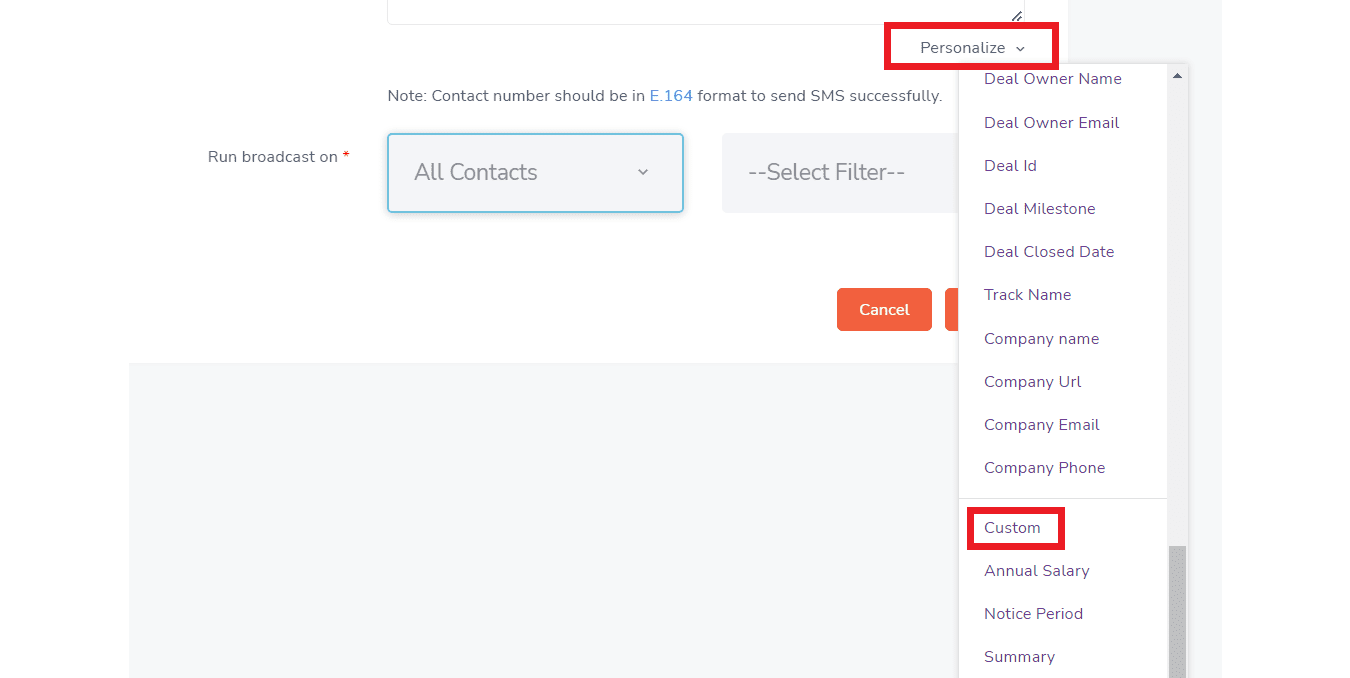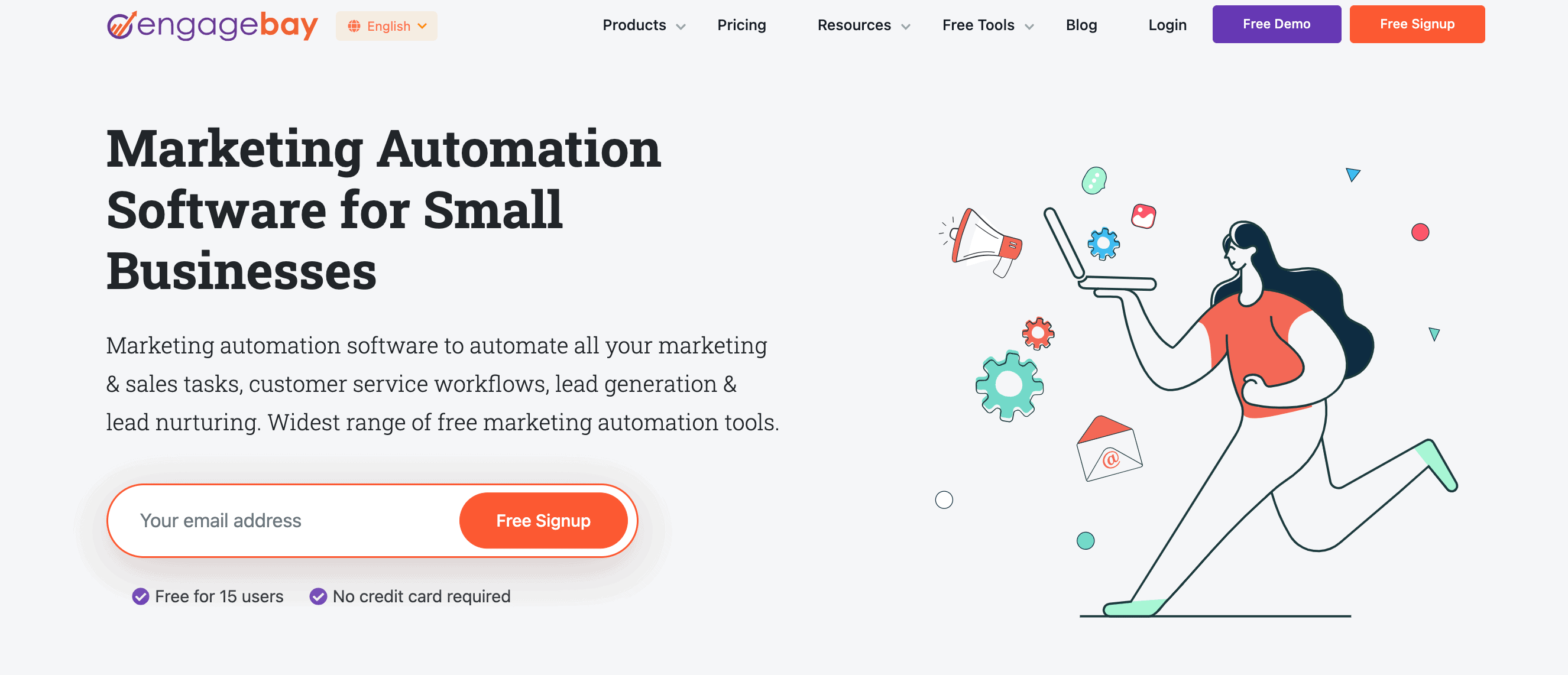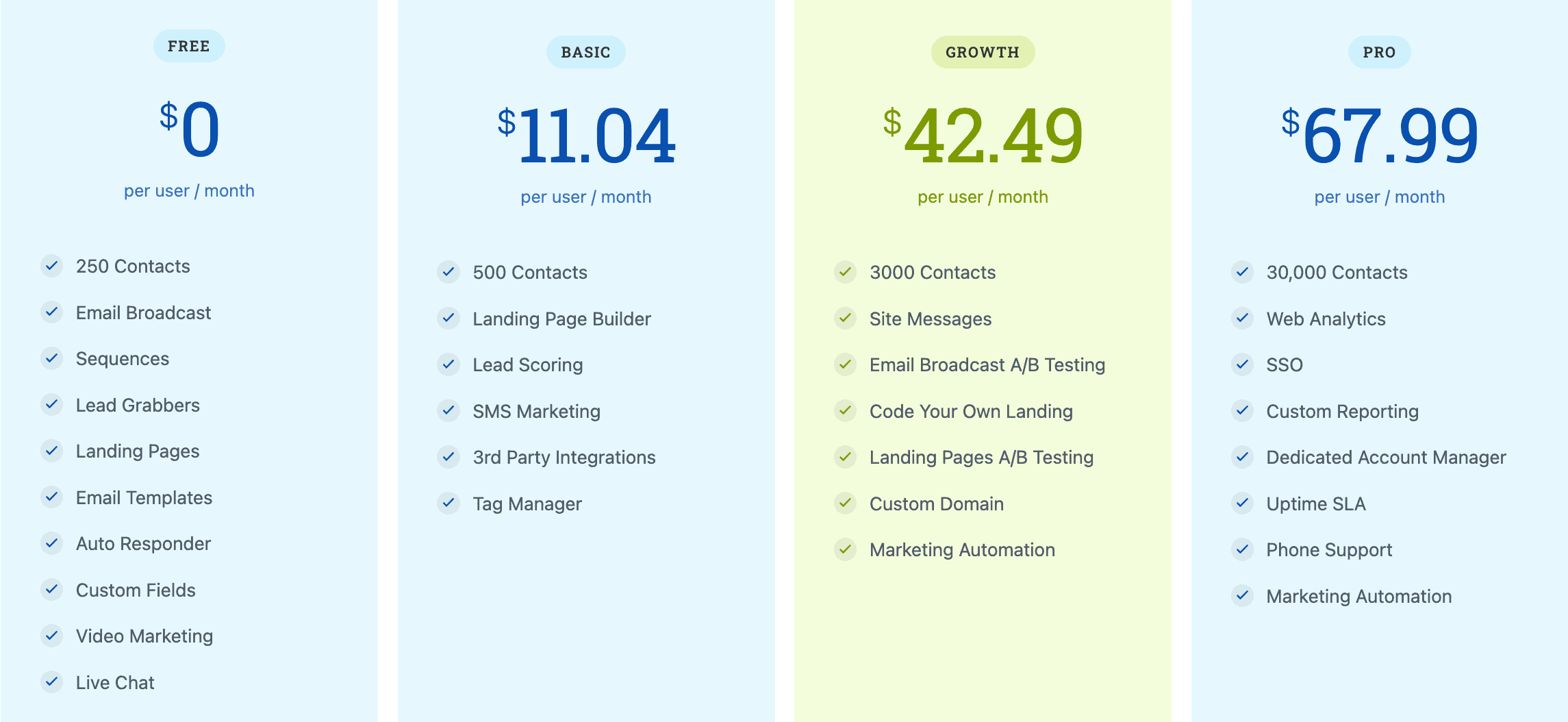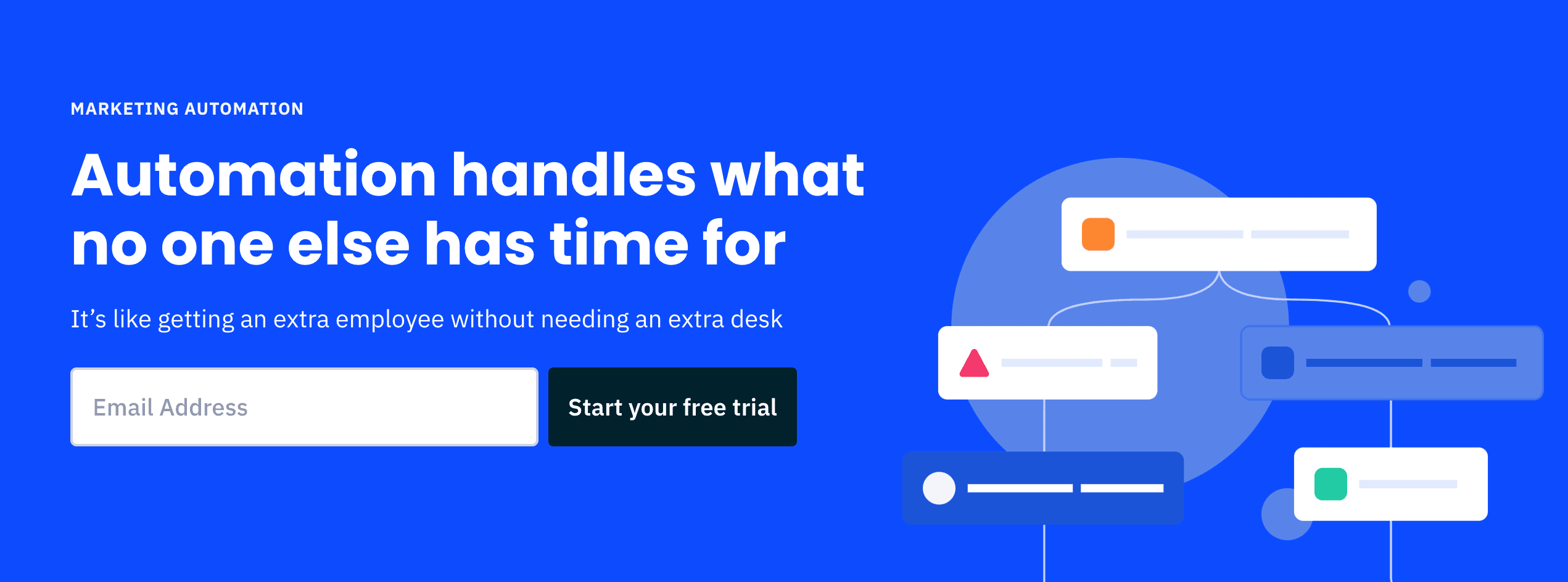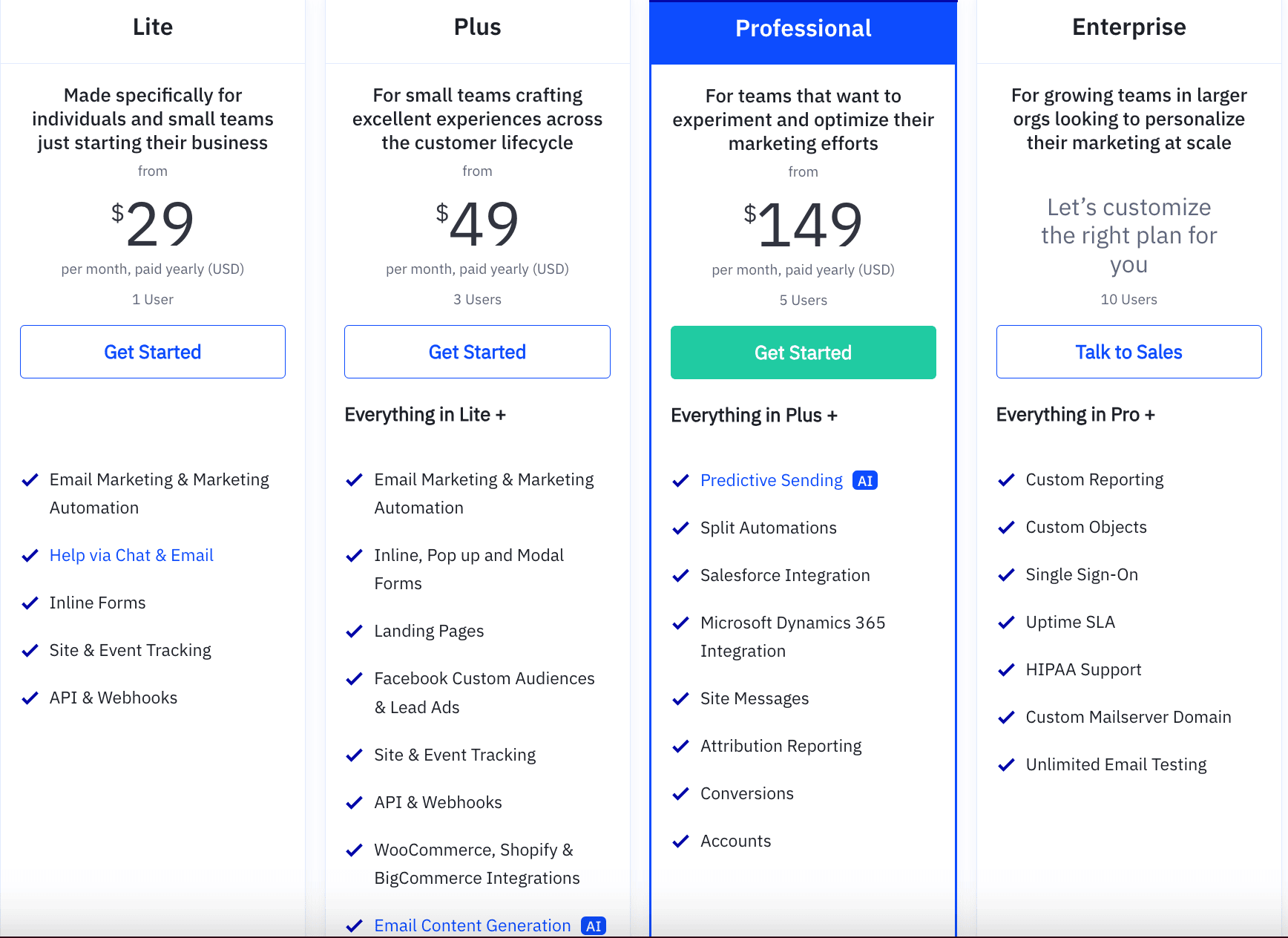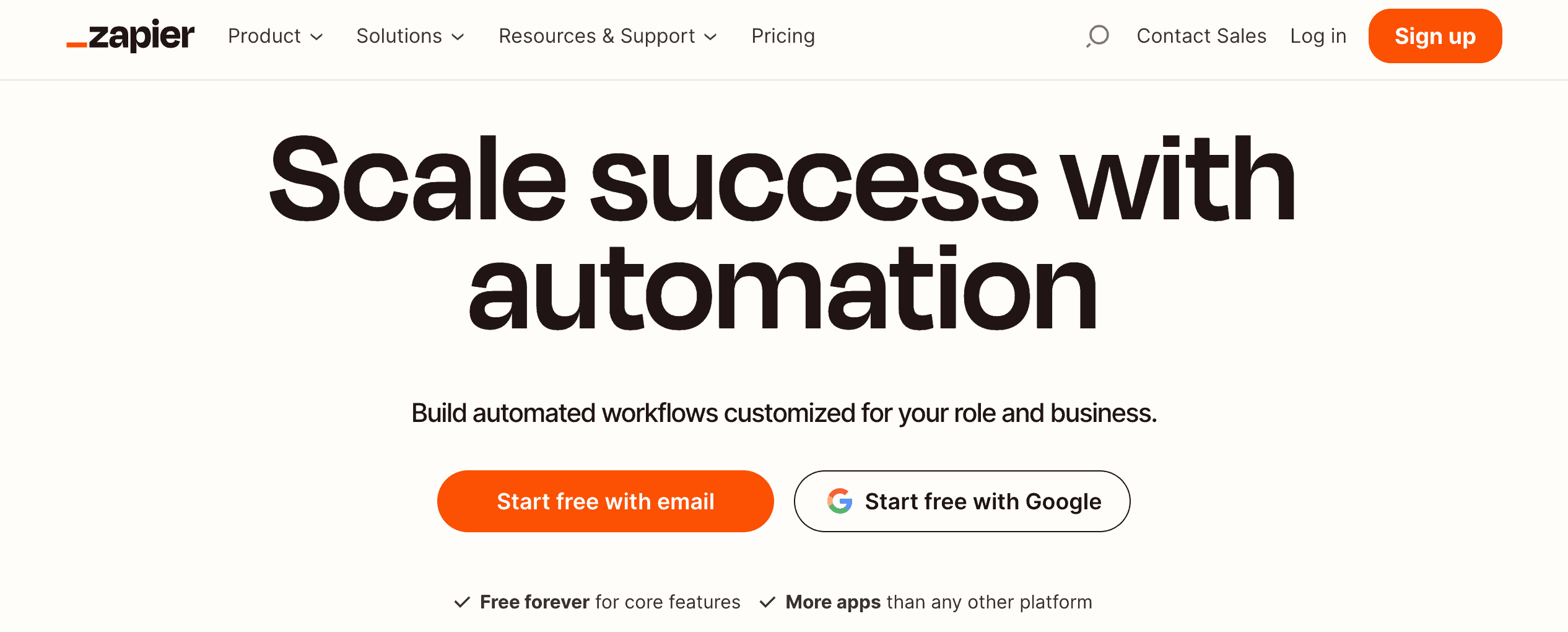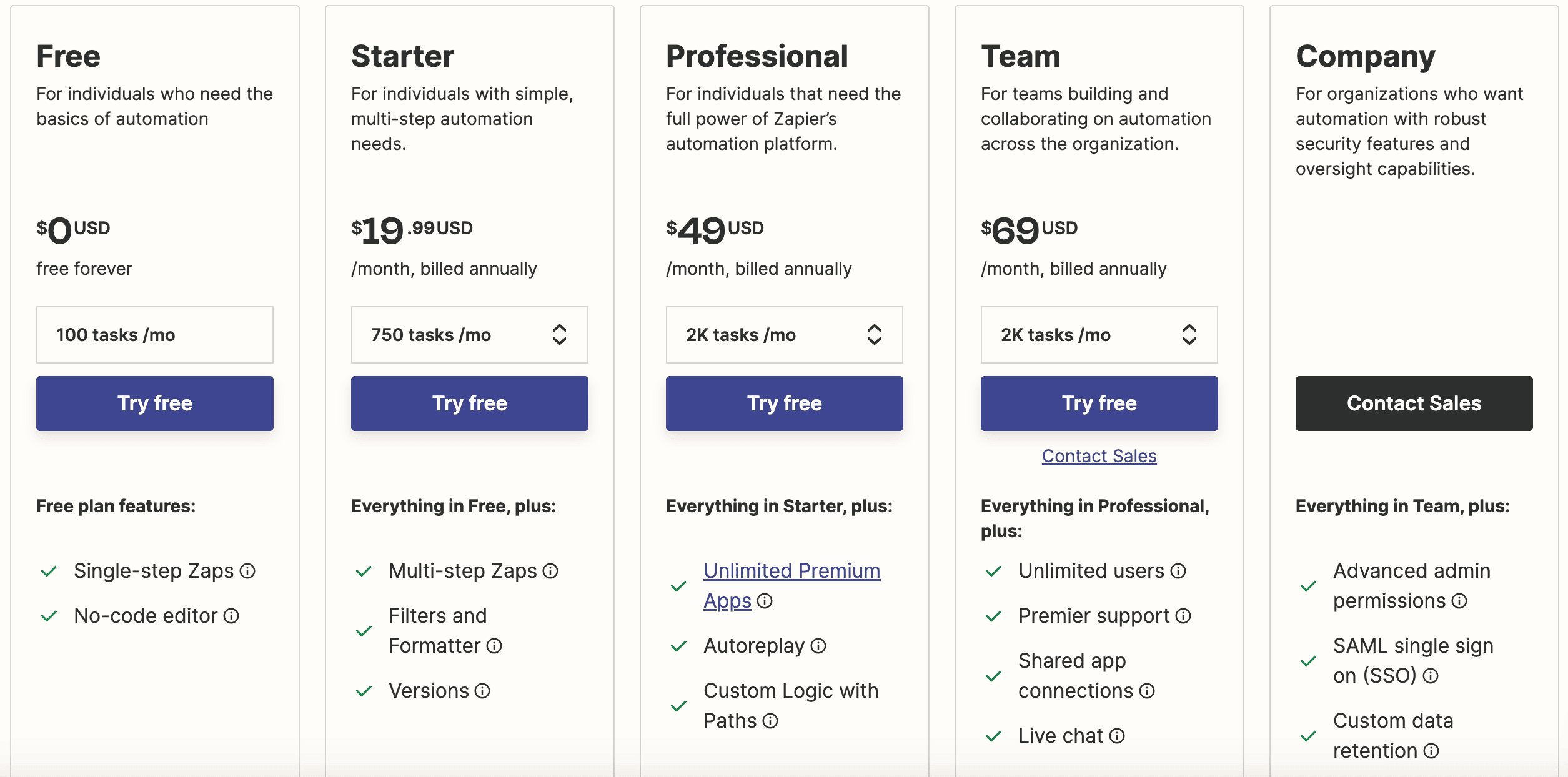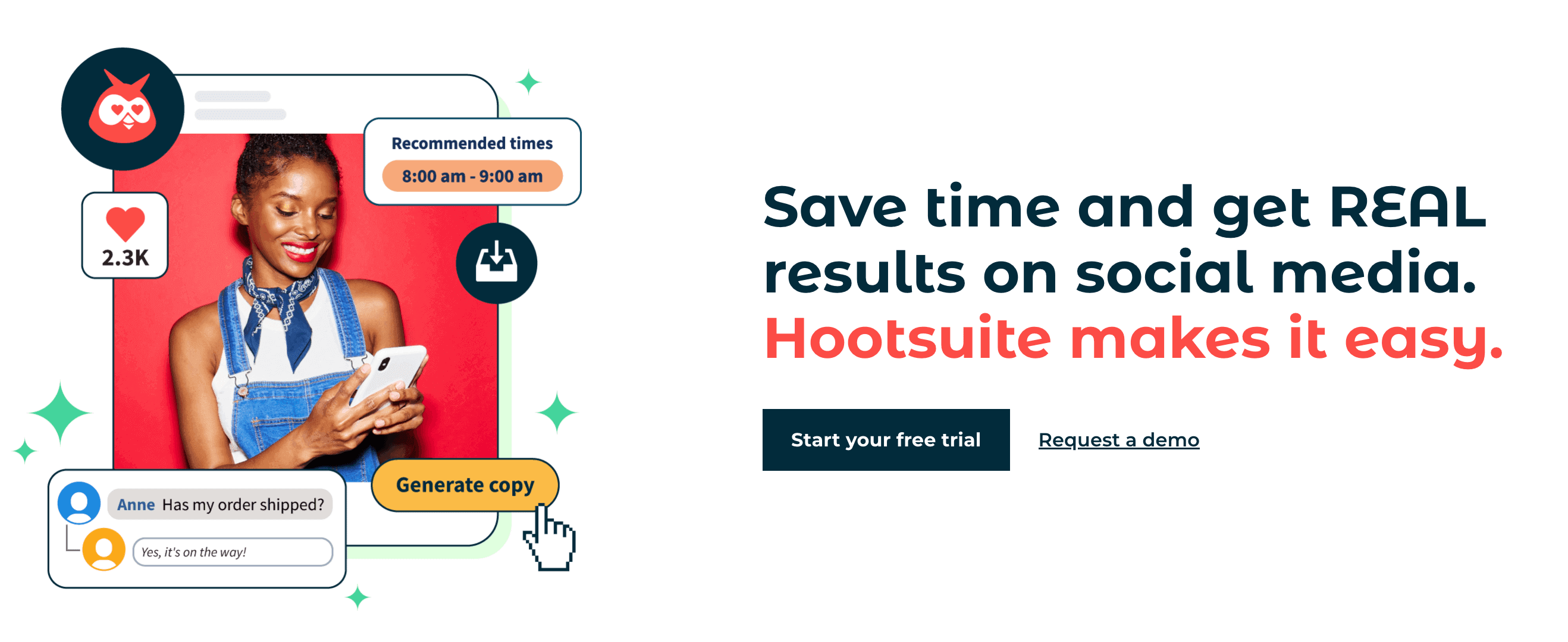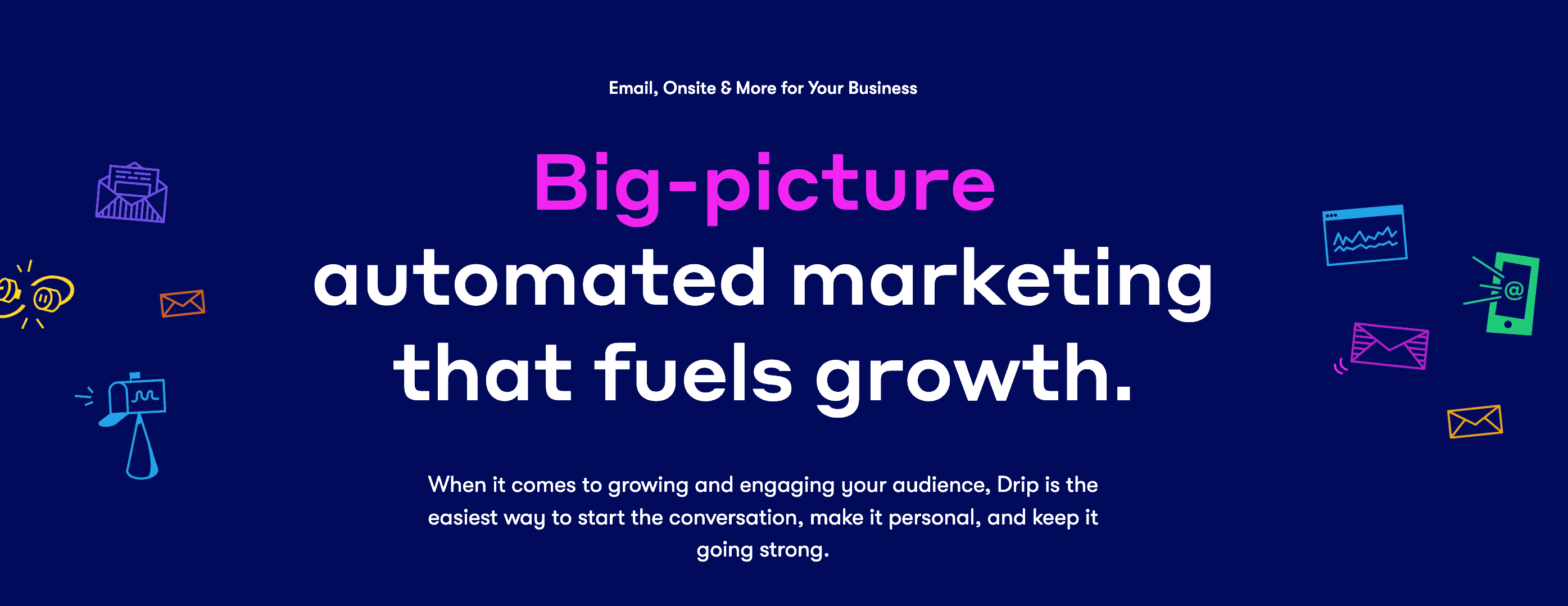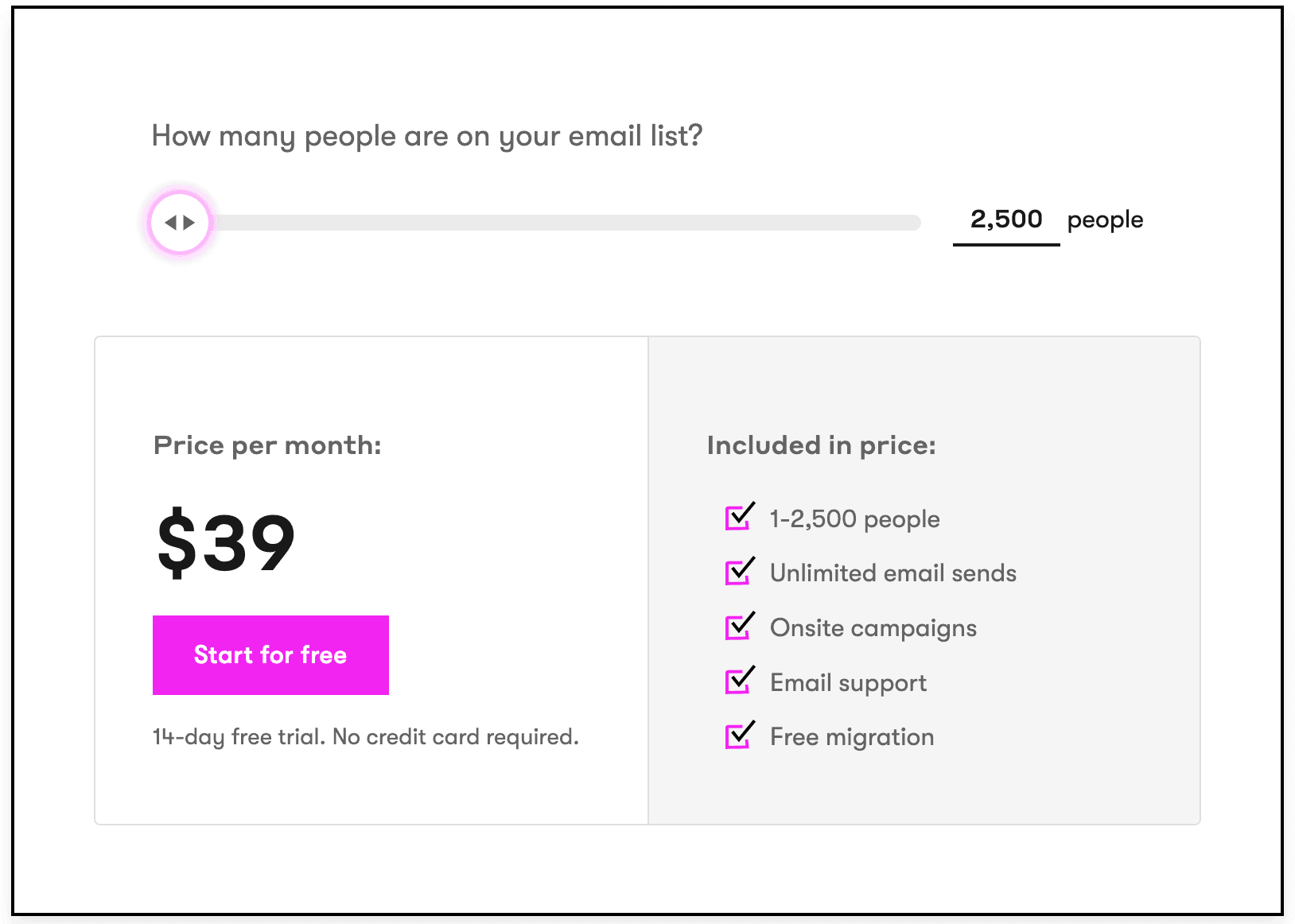Launching a startup is no small feat. Startups often operate on tight budgets – thus, they must optimize every aspect of their operations, including marketing.
Every resource counts, and efficiency is paramount.
Startups often find themselves navigating a tightrope between limited resources and the need for effective marketing.
In this digital age, where marketing can be a make-or-break factor, startups face a unique challenge. That’s where marketing automation enters the picture.
Marketing automation for startups is like having a trusty sidekick in your entrepreneurial journey, helping you maximize your impact without breaking the bank.
In this blog post, we will explore why startups should embrace marketing automation tools and provide practical tips on implementing them effectively.
Table of Contents
Benefits of Marketing Automation for Startups
Marketing automation automates and streamlines repetitive tasks, enabling startups to deliver personalized messages to the right audience across various channels without constant manual intervention.
Here are some key benefits of using a marketing automation solution for your startup.
Time and resource efficiency
Startups, by nature, are lean organizations. Marketing automation tools help automate repetitive tasks such as lead nurturing, email campaigns, and social media posting.
This automation frees up valuable time and human resources, allowing your team to focus on your marketing strategy’s more strategic and creative aspects.
Targeted and personalized communication
The best marketing automation tools enable startups to segment their audience based on various factors, including demographics, behavior, or engagement level. This segmentation facilitates highly personalized communication, making your marketing efforts more engaging and impactful.
Besides, it ensures that your message reaches the right people with the right message at the right time.
Data-driven decision making

In the startup world, every decision matters. Marketing automation tools provide valuable insights through customer data analytics.
These insights empower startups to make informed marketing decisions, allocate resources wisely, and optimize campaigns for better results.
Scalability
Marketing automation helps with scalability. As your startup grows, these tools can effortlessly grow with you.
You won’t need to constantly overhaul your marketing processes or hire large teams to maintain momentum.
Key Components of Marketing Automation for Startups
Marketing automation relies on several key components to function effectively. These components work together to streamline marketing processes, improve efficiency, and enhance the overall customer experience.
Here are the key components of marketing automation.
Customer Relationship Management (CRM) system
A CRM system is the central hub of marketing automation. It acts as a central database whereby all information related to your customers, including contact information, interactions, and preferences are stored and organized.
It provides a holistic overview of a customer profile and helps segment your audience based on predefined criteria. It lays the foundation for creating a great customer experience.
Email marketing automation
There’s no longer debate about whether email marketing is dead. It’s very much alive and considered one of the best marketing channels to build a good rapport with your customers.
Email marketing automation is a component of a marketing automation platform that allows you to create, schedule, and send personalized email campaigns to different audience segments. These tools often include features for drip campaigns, lead nurturing, and email tracking.
Segmentation and personalization
Marketing automation tools enable you to segment your audience based on various filters, such as demographics, behavior, preferences, interests, purchase history, and more.
It allows you to refine and target your marketing campaigns based on various customer actions. You can then deliver highly personalized content and messages to each segment, boosting conversions.
Tracking and reporting
Analytics tools are essential for monitoring the performance of your marketing campaigns. They provide data on email open rates, click-through rates, website traffic, conversion rates, and more.
This data helps you make data-driven decisions and optimize your marketing efforts.
Workflow automation
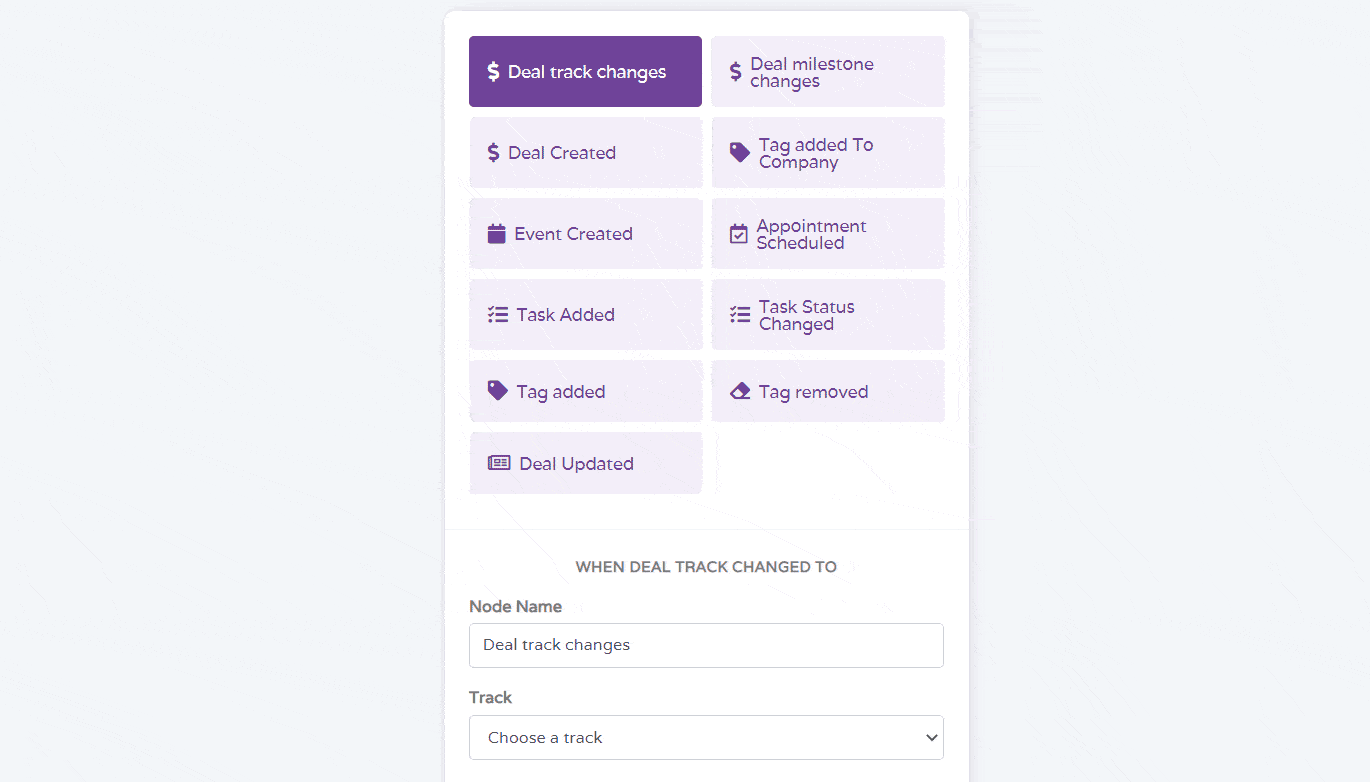
Workflow automation is one of the most critical components of marketing automation as it helps streamline internal processes. It is nothing but a set of repetitive actions that comprise the process of performing a task from initiation to completion.
Identifying these processes in your startup and using a platform to automate them would greatly increase the efficiency of your business. For example, you can create workflows to automatically assign leads to sales reps, trigger follow-up emails based on user actions, or notify team members of specific events.
Content marketing automation
Content is a powerful lead generation tool that can help startups find new prospects and nurture them to push them toward conversion.
You can automate the process of content distribution across various platforms, such as your blog, social media, and email newsletters. This ensures that your audience receives valuable content at the right time.
Social media marketing
Social media marketing is a key channel for engaging with your audience. Marketing automation platforms often integrate with social media platforms, such as Instagram, Facebook, and LinkedIn, to schedule posts, monitor social conversations, and track engagement metrics.
Automation helps maintain a consistent social media presence and build a community for your startup.
Landing pages and web forms
Landing pages are dedicated web pages designed to capture visitor information, typically through web forms. These forms collect data such as names, email addresses, and other relevant details from prospects.
The information gathered through landing pages and web forms is crucial for building your contact database and initiating marketing automation workflows.
Multi-channel marketing
Effective marketing automation allows you to reach your audience across multiple channels, including email, social media, SMS, and website retargeting. It ensures that you are consistent across all channels, which helps reinforce your brand messaging.
Lead generation and management
Marketing automation helps capture leads through various channels, such as website forms, landing pages, and social media. Leads automatically add to your CRM, allowing immediate follow-up and nurturing.
Each lead is assigned a score based on their behavior and engagement with your brand. This helps prioritize leads so your sales team can focus on the most promising prospects.
Read also: SaaS Marketing Automation Explained (+Top 5 Tools to Consider)
Implementing Marketing Automation for Startups Effectively
Here’s a step-by-step guide on how startups can implement marketing automation effectively.
Step #1: Set clear objectives
Define your marketing goals and objectives to ensure that automation aligns with your startup’s mission.
Whether you are looking to generate leads, improve conversion, or simply drive traffic to your blog, having a clear goal in mind allows you to optimize your operation effectively. Ensure your goals are specific, measurable, and aligned with your business strategy.
Step #2: Choose the right tools
Choosing a marketing automation platform that aligns with your startup’s needs, budget, and scalability is a must. Some popular options include EngageBay, HubSpot, Mailchimp, and ActiveCampaign.
While selecting, consider factors like ease of use, integration capabilities with your existing marketing automation software (e.g., CRM, analytics tools), and the level of customer support provided. All your systems must work in sync to utilize the full potential of automation.
Step #3: Segment your audience
Segmenting your audience is a crucial step to effective marketing automation. Divide your audience into groups based on different criteria, such as demographics, buying or browsing behavior, customer engagement level, and more.
Segmenting allows you to send personalized and relevant messages to different segments, increasing the effectiveness of your campaigns.
Step #4: Create quality content
High-quality content is the backbone of successful marketing automation. Develop content that addresses your audience’s pain points, interests, and needs and distribute it across all channels. This content can include blog posts, email newsletters, e-books, social media posts, and more.
Ensure that your content aligns with the specific stages of the buyer’s journey (awareness, consideration, and decision). Invest in creating valuable content that resonates with your audience and complements your automation efforts.
Step #5: Set up automated workflows
Once your content is ready, build automated workflows that guide leads and customers through interactions with your startup.
These workflows can include welcome email series, lead nurturing sequences, onboarding processes, and even post-purchase follow-ups. Design each workflow to provide a seamless and personalized experience for your audience.
Some of the most common workflows for startups include:
- Lead Generation and Capture: Use automation to capture leads through your website, landing pages, and forms. Automatically add leads to your CRM and initiate follow-up sequences.
- Lead Scoring: Implement lead scoring to prioritize and identify high-potential leads based on their engagement with your content.
- Email Marketing Automation: Create automated email campaigns tailored to different segments and stages of the customer journey. This includes welcome emails, product recommendations, abandoned cart reminders, and post-purchase emails.
- Social Media Automation: Use automation tools to schedule and publish social media posts, monitor social mentions, and engage with your audience on platforms like Facebook, Twitter, and LinkedIn.
Step #6: Continuous optimization
It’s important to keep an eye on the performance of your automation processes. Look for any glitches and make necessary adjustments to improve results.
Read also: 20 Marketing Automation Workflows for Amazing Results
Common Mistakes Startups Make While Implementing Marketing Automation
Even with the best intentions, startups can make mistakes when implementing marketing automation.
Here are some common mistakes to watch out for when implementing marketing automation for your startup.
Over-automation
Strike a balance between automation and personalization.
Bombarding your audience with too many automated messages can make your communication feel robotic and impersonal. Ensure that your messages maintain a human touch and provide value to the recipient.
Ignoring strategy and planning
As a startup, you might be all over the place. It generally leads to rushing into automation without a clear strategy in place.
To avoid this mistake, define your goals, target audience, and key performance indicators (KPIs). Develop a detailed plan that outlines the customer journey and how automation will support it. Without a roadmap, you may end up with disjointed and ineffective automation.
Failing to measure ROI
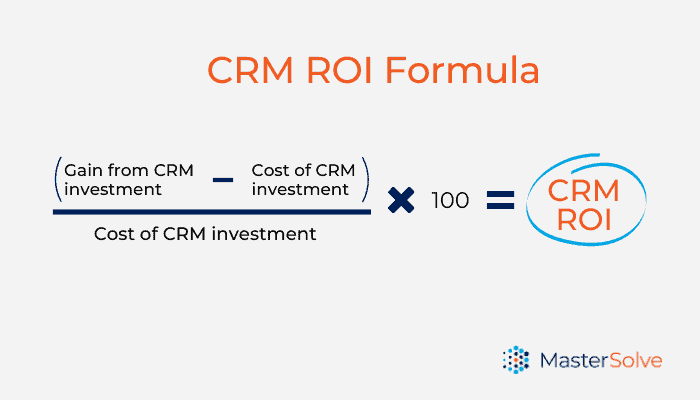
When you are not tracking and analyzing your automation efforts’ return on investment (ROI), you are clueless about its effectiveness.
Thus, you should constantly monitor key metrics such as conversion rates, lead generation, and revenue attributable to automation. Use this data to assess the effectiveness of your campaigns and justify the resources invested.
Not aligning sales and marketing
Marketing automation may not yield the necessary results if your sales and marketing team operates in silos.
Foster collaboration between your sales and marketing teams. Ensure they share insights and data to understand customer behavior and improve lead nurturing and conversion.
Read also: Work Smart, Not Hard: Top Marketing Automation Ideas
5 Best Marketing Automation Tools for Startups
These are the best marketing automation software for startups are affordable, offer impressive features, and help you boost growth:
- EngageBay
- ActiveCampaign
- Zapier
- HootSuite
- Drip
1. EngageBay
EngageBay is one of the best marketing automation solutions for small and medium-sized businesses.
It offers a wide range of functionalities for affordable pricing, making it a top choice for startups. It has been featured in top publications like Forbes, Techcrunch, Jeffbullas, etc., for its effectiveness.
Key Features
- Landing page builder: It allows you to create a highly responsive landing page within minutes that helps with conversion.
- Email sequences: You can easily automate email sending based on users’ actions and personalize it for maximum effect.
- Appointment scheduling: Startups can easily schedule all their online appointments from one system – an integrated calendar and automated appointment scheduling.
- 360 customer view: It gives you a holistic overview of your customer profile to provide them with a unique experience.
Pros
- Ease of use and excellent customer support
- An affordable option for startups
Cons
- Landing page templates are limited
Pricing
EngageBay offers four pricing plans: Free, Basic, Growth, and Pro.
- Free: Free up to 250 contacts, it offers a good number of features, including video marketing, email sequences, lead grabbers, landing pages, and more.
- Basic: If you want to increase your database to 500, Basic is the best option. It starts at $11.04 per user per month and enables third-party integrations and tag managers too.
- Growth: Starting at $42.49 per user per month, it is feasible for a growing startup that needs more tools as their disposable like A/B testing for better optimization, custom domain, and more.
- Pro: Priced at $67.99 per user per month, it is best suited for large-sized startups. Some of its advanced functionalities include web analytics, custom reporting, phone support, and more.
Read also: How To Move From Mailchimp to EngageBay
2. ActiveCampaign
ActiveCampaign is a user-friendly marketing automation platform designed to help businesses of all sizes automate marketing tasks, engage with customers, and drive growth.
It offers a comprehensive suite of tools for email marketing, automation, CRM, and sales, making it a valuable solution for startups seeking to streamline their marketing efforts.
Key Features
- Lead scoring: You can assign lead scores to prioritize prospects. This feature ensures that you focus your efforts on the most promising leads.
- Email marketing: ActiveCampaign allows you to create and send targeted email campaigns with ease. It offers customizable templates, A/B testing, and dynamic content to improve engagement.
- CRM integration: ActiveCampaign’s integrated CRM system helps you manage contacts, track interactions, and gain insights into your leads and customers.
- Facebook customer audience: Easily integrates with your Facebook to help create an omnichannel experience for your customers.
Pros
- Suitable for complex workflows
- User-friendly interface and easy-to-use automation builder
Cons
- Some users have reported inconsistent support experiences
Pricing
ActiveCampaign offers pricing plans that cater to businesses of all sizes: Lite, Plus, Professional, and Enterprise.
- Lite: Starting at $29 per month, this plan is ideal for small businesses and includes email marketing, marketing automation, and inline forms.
- Plus: Priced at $49 per month, this plan adds features like lead scoring, automation goals, marketing revenue reports, and more.
- Professional: This plan starts at $149 per month and offers site messaging, attribution, predictive sending, and more advanced CRM capabilities.
- Enterprise: Designed for large enterprises, this plan provides custom pricing and includes features like a custom domain, phone support, and a dedicated account representative.
Read also: ActiveCampaign vs. HubSpot vs. EngageBay – Which CRM Is Best?
3. Zapier
Zapier is a powerful automation platform for startups that connects all your favorite apps into one.
It enables you to create automated workflows, known as “Zaps,” to streamline tasks and save time by eliminating manual processes.
Key Features
- Multi-step zaps: These allow you to chain multiple actions together for complex automation.
- AI builder: Zapier offers AI tools that write the code and build Zaps for you. You simply have to explain what you would like to automate in plain English.
- Templates library: Zapier provides a vast library of pre-built Zap templates for common use cases. You can quickly customize these templates to suit your specific needs.
- Customization: Zapier offers a high degree of customization, allowing you to fine-tune workflows with filters, delays, and conditional logic to ensure precise automation.
Pros
- Extensive app integration
- Highly intuitive and user-friendly interface
Cons
- Can be expensive at upper pricing tiers
Pricing
Zapier offers several pricing tiers to cater to different needs: Free, Starter, Professional, Team, and Company.
- Free: The free plan includes basic automation with a limit of 5 Zaps and 100 tasks per month.
- Starter Plan: Priced at $19.99 per month, this plan increases the limit to 20 Zaps and 750 tasks per month.
- Professional: At $49 per month, the professional plan offers 50 Zaps and 2,000 tasks per month, along with more advanced features.
- Team: Suitable for teams, this plan costs $299 per month and provides 150 Zaps and 50,000 tasks per month, as well as team collaboration features.
- Company: For larger organizations, the company plan offers unlimited Zaps, 750,000 tasks per month, and additional security and support features. Pricing is customized.
Read also: Zapier Alternatives: Top 7 Platforms To Reduce Workload
4. Hootsuite
Hootsuite is a comprehensive social media management platform that empowers startups to streamline their social media efforts. With a user-friendly interface and a wide range of features, Hootsuite enables users to efficiently manage, schedule, and analyze their social media content across multiple platforms from a single dashboard.
It has been trusted by top companies like Ikea, Roche, Domino’s, etc.
Key Features
- Content scheduling: It includes a calendar view to easily plan and schedule posts in advance to ensure a consistent and timely social media presence.
- Analytics and reporting: Track the performance of your social media campaigns with detailed analytics. Measure key metrics like engagement, click-through rates, and follower growth to make data-driven decisions.
- Team collaboration: This enables you to collaborate with team members by assigning tasks, creating approval workflows, and managing permissions. This feature streamlines social media efforts for businesses with multiple contributors.
- Content curation: Discover and curate relevant content from the web using Hootsuite’s content suggestion and RSS feed integration features. This helps maintain a diverse and engaging social media presence.
Pros
- Multi-platform support
- Robust set of functionalities
Cons
- A difficult learning curve
Pricing
Hootsuite offers a range of pricing plans to cater to different user needs, from individual users to startups to large enterprises.
- Professional: Designed for entrepreneurs, small teams, and independent consultants, it includes real-time analytics, unlimited scheduling, and more. Its pricing starts at $99 per month.
- Team: Ideal for marketing teams looking to collaborate, it offers enhanced team collaboration and content approval workflows. Pricing starts at $249 per month.
- Business: Suitable for businesses seeking comprehensive social media management, it is priced at $739 per month. It includes features like advanced analytics, content curation, and app integrations. Pricing is customized based on business requirements.
- Enterprise: Tailored for large organizations with complex social media needs, it offers custom solutions, advanced security features, and 24/7 support. Pricing is available upon request.
Read also: Email Marketing vs Marketing Automation: A Marketer’s Guide
5. Drip
Drip is a powerful marketing automation platform designed to help businesses of all sizes build and nurture customer relationships through personalized, automated email marketing campaigns.
With a focus on eCommerce and online businesses, thousands of brands trust Drip to help drive engagement and conversions.
Key Features
- Advanced email automation: Drip’s intuitive visual workflow builder allows you to create complex email automation sequences easily. Design drip campaigns based on user behavior, triggers, and custom events.
- Segmentation and personalization: Drip offers robust segmentation capabilities, enabling you to segment your audience based on a wide range of criteria, from demographics to browsing history. Deliver highly personalized content to each segment.
- eCommerce integration: Drip seamlessly integrates with popular e-commerce platforms like Shopify, WooCommerce, and Magento. Use it to recover abandoned carts, recommend products, and trigger purchase-related automation.
- Email deliverability optimization: Drip includes tools to improve email deliverability, including authentication, spam analysis, and list management. Ensure your emails land in subscribers’ inboxes.
Pros
- Advanced segmentation capabilities
- User-friendly interface
Cons
- Limited customer support
Pricing
Drip offers flexible pricing – based on your list size and send volume.
For up to 2,500 contacts, it costs $39 per month. The price increases as you increase the contact size –
- For up to 4,000 contacts – $69 per month
- For up to 5,500 contacts – $99 per month
- For up to 8,500 contacts – $139 per month
All plans include unlimited email sends, onsite campaigns, chat and email support, and free migration. It also provides a 14-day free trial for new users to explore the platform’s capabilities.
Read also: The 7 Best CRM for Startups in 2024 (Pricing, Features)
Conclusion
For startups, marketing automation isn’t just a luxury; it’s a necessity. It empowers resource-constrained startups to compete with larger players by delivering efficiency.
Marketing automation provides the framework for sustainable growth. It streamlines your operations, allowing you to focus on scaling your business while maintaining a consistent marketing presence. With personalized and timely communication, you can build stronger customer relationships and establish a loyal customer base.
Start today, and let marketing automation be your secret weapon to unlock efficiency and amplify your startup’s impact.


